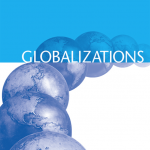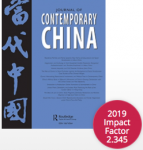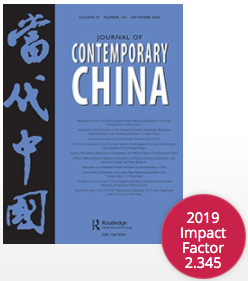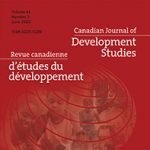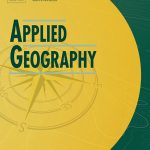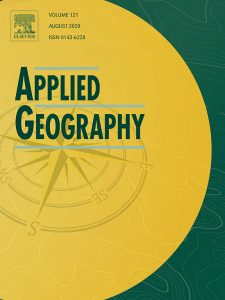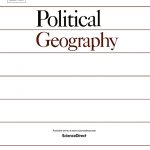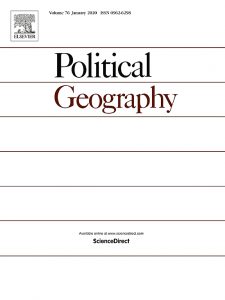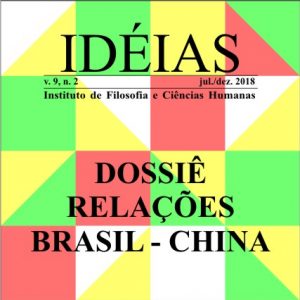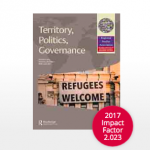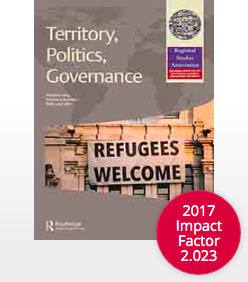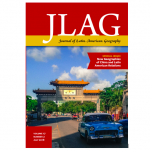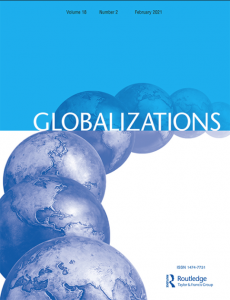 Beyond land grabs: New insights on land struggles and global agrarian change
Beyond land grabs: New insights on land struggles and global agrarian change
Dr. Oliveira’s article “Beyond land grabs: New insights on land struggles and global agrarian change” has just been published as the guest editor’s introduction to a special issue the journal Globalizations.
The article is co-authored with Ben McKay and Juan Liu, who also co-edited the special issue.
ABSTRACT: The conjunction of climate, food, and financial crises in the late 2000s triggered renewed interest in farmland and agribusiness investments around the world. This phenomenon became known as the ‘global land grab’ and sparked debates among social movements, NGOs, academics, government and international development agencies worldwide. In this introduction, we critically analyse the ‘state of the literature’ so far, and outline four areas that are moving the debate ‘beyond land grabs’. These include: (1) the role of contract farming and differentiation among farm workers in the consolidation of farmland; (2) the broader forms of dispossession and mechanisms of control and value grabbing beyond ‘classic’ land grabs for agricultural production; (3) discourses about, and responses to, Chinese agribusiness investments abroad; and (4) the relationship between financialization and land grabbing. Ultimately, we propose new directions to deepen and even transform the research agenda on land struggles and agroindustrial restructuring around the world.
KEYWORDS: Global land grab, contract farming, agricultural labour, control grabbing, dispossession, financialization
Globalizations seeks to publish the best work that contributes to constructing new meanings of globalization, brings fresh ideas to the concept, broadens its scope, and has an impact upon shaping the debates and practices of the future. The journal is dedicated to opening the widest possible space for discussion of alternatives to narrow understandings of global processes and conditions. The move from the singular to the plural is deliberate and implies scepticism of the idea that there can ever be a single theory or interpretation of globalization. Rather, the journal seeks to encourage the exploration and discussion of multiple interpretations and multiple processes that may constitute many possible globalizations, many possible alternatives. The journal is open to all fields of knowledge, including the natural, environmental, medical and public health sciences, as well as the social sciences and the humanities. Globalizations encourages multidisciplinary research and looks to publish contributions from all regions of the world. The articles and special issues focus on acute issues of the moment and on deep long-term structural shifts.
For the full-length article, see: https://www.tandfonline.com/doi/full/10.1080/14747731.2020.1843842
